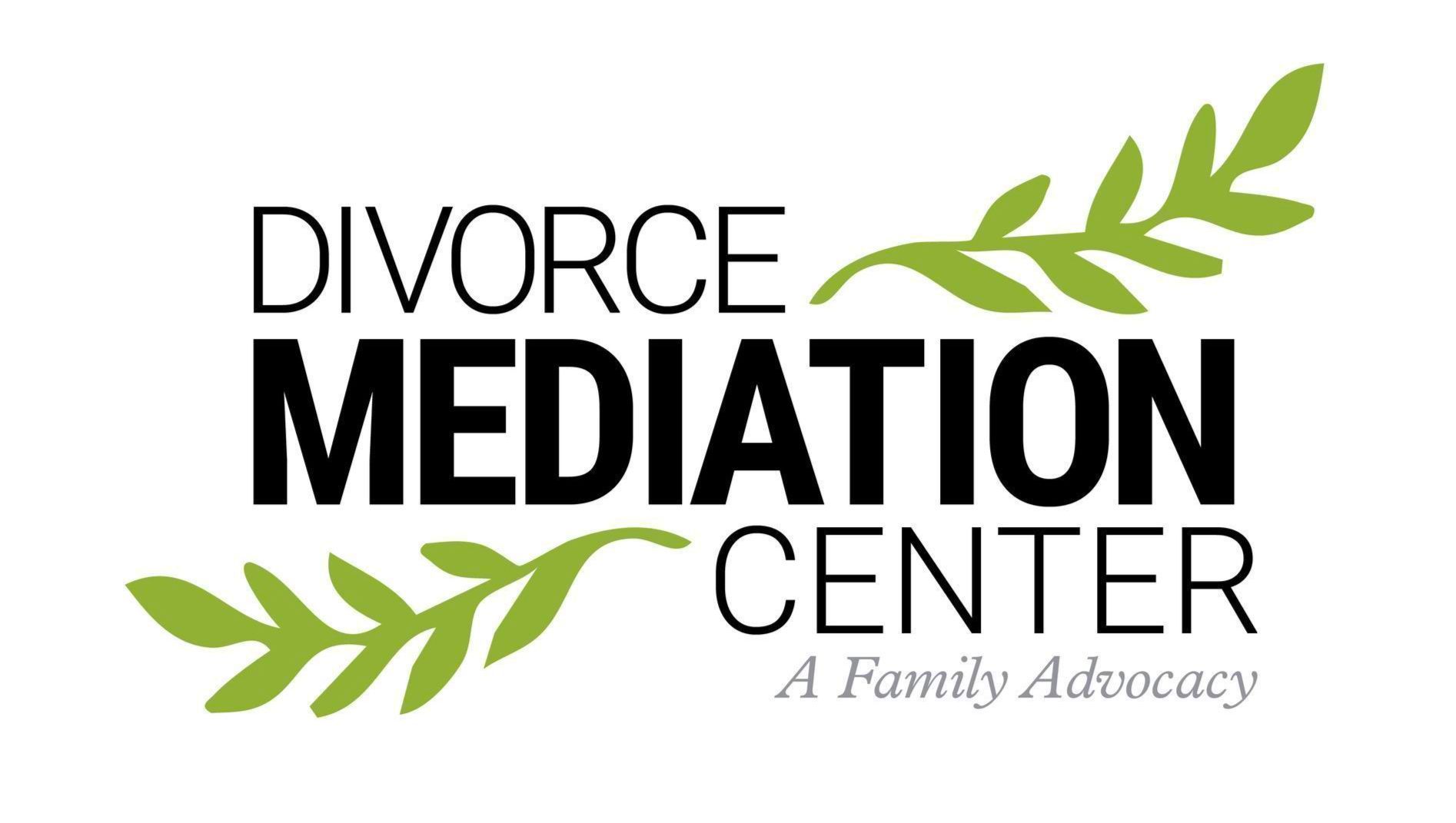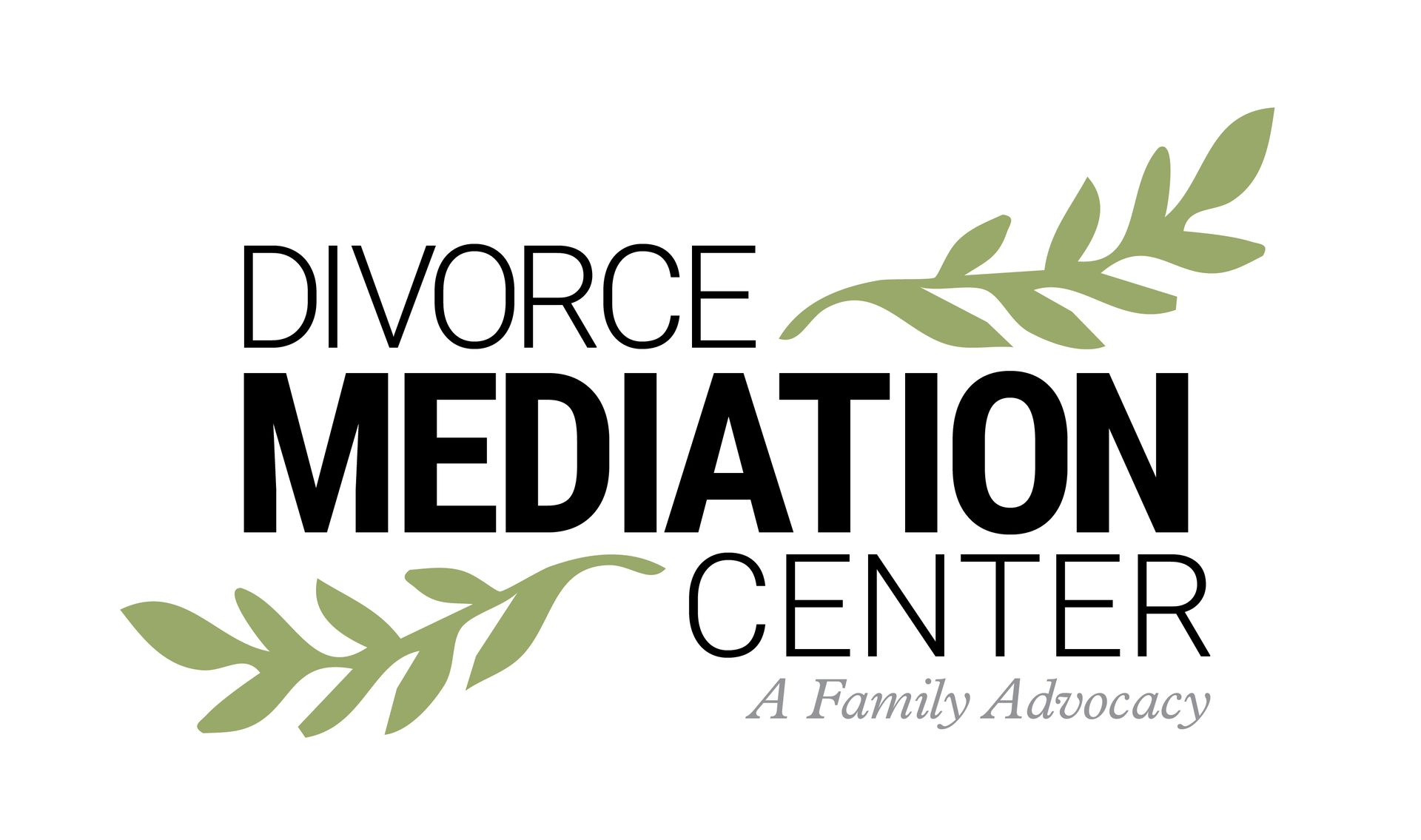Talking to Kids About Divorce-Part 4
How to talk to your kids about divorce
Today in Part 4 of Reducing Child Wounding in Divorce, we discuss talking to your kids about divorce . Children experience intense emotions, but they often do not understand their feelings nor do they have the words to describe what they are feeling. This confusion and frustration can show itself in children’s behavior that result from their inability to manage what they are feeling.
Understanding and having ways to express what it means to be happy, sad, mad, scared and lonely are essential for their development. Separation and divorce does indeed affect children. It is important for parents to have knowledge of how this change affects their children and to have the wisdom to be one of the most significant adults who make this transition result in a personal growth for them rather than a trauma and loss that is never resolved.
When parents divorce children may experience intense feelings of worry, anger, grief, resentment and hopelessness. They may doubt their parents love for them or their own self worth. Their emotions are a jumbled mess. It is up to caring adults to help the child to recognize, verbalize and express their feelings to provide reassurance that it is okay to feel all these things. Feelings need to be identified, explored and openly shared and expressed in constructive ways.
How to Tell the Kids
Once parents have made the decision to divorce, they should talk with each other and make a plan for what they would like to share with the children. They must take time to consider their children’s feelings and needs. Spouses can often times have different priorities and may have to put their children’s needs before their own for this very important discussion. It is important to tell all children together in a family environment as it sets the tone that parents plan to work together on the children’s behalf.
Things parents should consider together before talking to the children:
What will we tell the child?
Where will the child live?
Where will the parents live?
When will the parents move to new homes?
When will they see the parents and what the visitation plan will be?
How to avoid blaming each other
How to take responsibility that the decision to divorce is based on mutual problems in the relationship
How to avoid being critical of the other parent
Be prepared for questions and work out agreed upon responses in advance
When Parents Tell the Children
Both parents should tell all of the children together at the same time if they can do so without volatility, blaming each other or defending themselves. Since this is a very important conversation and parents want to get it right (the first discussion of this will have the most lasting impression on their children), they may want to seek a professional child counselor with credentials similar to Ms. Kathleen Shack, LMFT who can coach them and help them practice to prepare for this discussion. It is crucial that the information be delivered in the proper way. Timing of this discussion is also very important. Children should be told no more than 2 weeks before one parent moves out of the home. If they are told too far in advance and the change doesn’t take effect, it can create false hopes of reconciliation for the children which can be confusing. Two weeks can give the children just enough time to let the news settle in before the change takes place.
Use statements like:
- This is a decision we have both made together
- We both have worked hard to stay together but we will not be able to
- We will get along better and be better parents to you if we live in separate homes
- We are getting separated and divorced
- Parents do not divorce children, we are not divorcing you
- The marriage is coming to an end, but we both will always be your parents
- The divorce is not your fault, you had nothing to do with the decision
- We both still love you, and always will
- We will always be a family, just a different form of a family
- We will both still take care of you and spend time with you
- We will keep as many things the same as we possibly can (school, neighborhood, friend)
- We will both work together to help you through this change
- We are sad, and you likely will feel sad and upset and that is ok and we will help you to feel better
Most importantly children want to know how the divorce will affect them. Children need to spend parenting time with both parents, so describe in as much detail as possible the plan for spending time with each parent and what their own day-to-day routine will look like. Do not allow children to dictate the terms nor encourage them to decide when or if they are going to see the other parent.
In our next article (Part 5), we will discuss how to prepare for tough questions and how best to answer them.
More information covered in this live audio interview starting at 13:46 minutes https://www.spreaker.com/user/mindset/divorce-how-to-tell-the-kids
*This article is an excerpt from Family Divorce 101-Transitions Resource with express permission from contributors Marti Kitchens-Cobb, LMFT and Jeri Amann-Apple, LMFT, LCSW and their published/trademarked Children of Divorce Co-Parenting Seminar.
More information on this topic in our new book Family Divorce 101 -A Guide to What Divorcing Families Should Know or our book for Therapists: Family Divorce Therapy 101 -A Clinician’s Guide to Best Practices for Treating Families Pre/During/Post Divorce (Amazon)
More divorce support, advice and tips in Transitions Divorce® Prep Workbook
Disclosure of Material Connection : I have not received any compensation for writing this post. I am disclosing this in accordance with the Federal Trade Commission’s 16 CFR. Part 255: “Guides Concerning the Use of endorsements and Testimonials in Advertising.”
Disclaimer: This is my personal blog. The opinions I express here do not necessarily represent those of my organization, Transitions Resource, LLC. The information I provide is on an as-is basis. I make no representations as to accuracy, completeness, suitability, or validity of any information on this blog and will not be liable for any errors, omissions, or delays in this information or any losses, injuries, or damages arising from its use.
The post Talking to Kids About Divorce-Part 4 first appeared on Divorce Mediation Center.





